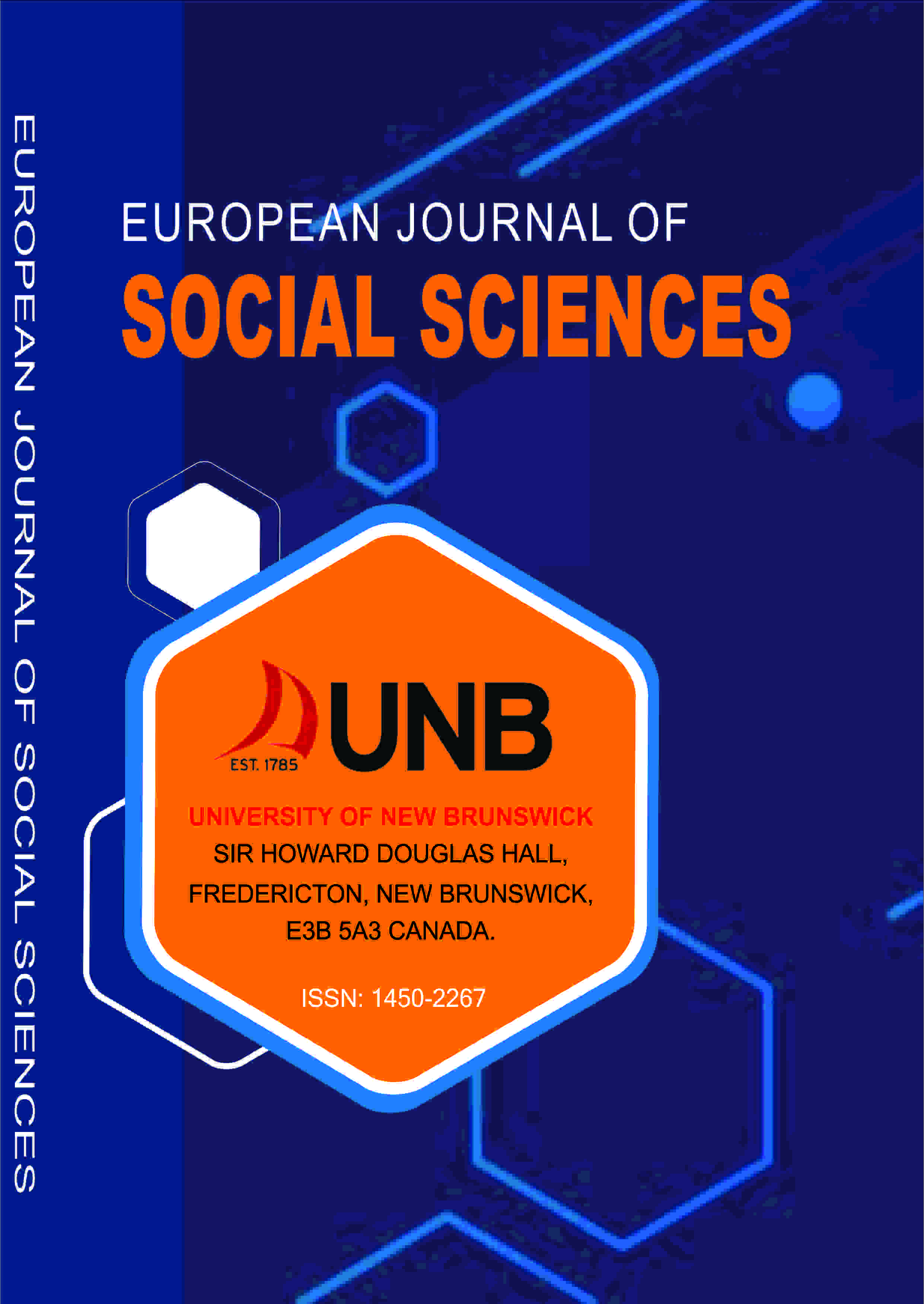EUROPEAN JOURNAL OF SOCIAL SCIENCES (EJSS)
The Role of Music Education in Fostering Social and Emotional Learning (SEL)
E-ISSN: 4899-5667
P-ISSN: 1450-2267
DOI: https://iigdpublishers.com/article/499
This study investigates the role of music education in fostering social and emotional learning (SEL) among students in the Emuoha local government area of Rivers State, Nigeria. Recognizing the challenges faced by communities in under-resourced settings, this research explores how structured music programs can nurture self-awareness, empathy, interpersonal skills, and emotional regulation. Utilizing a mixed-methods approach, data were gathered through surveys, focus group discussions, and classroom observations involving educators, students, and parents. The findings indicate that integrating culturally resonant musical activities into the curriculum not only enhances students’ musical abilities but also contributes significantly to their social cohesion and emotional resilience. Furthermore, the study highlights that community-based music initiatives can serve as a powerful tool for promoting inclusivity and positive identity formation. The implications of these findings suggest that policymakers and educational stakeholders should consider investing in music education as a strategic approach to support holistic child development and address broader social disparities. This research contributes to the growing body of literature on arts-based learning and provides actionable recommendations for leveraging music as a catalyst for social and emotional well-being in educational contexts.
Nkemakola Ugoji PhD
Collaborative for Academic, Social, and Emotional Learning. (2020). Core competencies in SEL. CASEL. Retrieved from https://casel.org/core-competencies/
Hallam, S. (2010). The power of music: Its impact on the intellectual, social, and personal development of children and young people. International Journal of Music Education, 28(3), 269–289.
Koelsch, S. (2014). Brain and music. Wiley Interdisciplinary Reviews: Cognitive Science, 5(6), 739–751.
Okoro, U., & Eze, P. (2018). Music education and community identity in Rivers State: A case study. Nigerian Journal of Education, 35(2), 102–118.
Schellenberg, E. G. (2004). Music lessons enhance IQ. Psychological Science, 15(8), 511–514. Winner, E., Goldstein, T. R., & Vincent-Lancrin, S (2013). Art for art’s sake? The impact of arts education. OECD Publishing.
